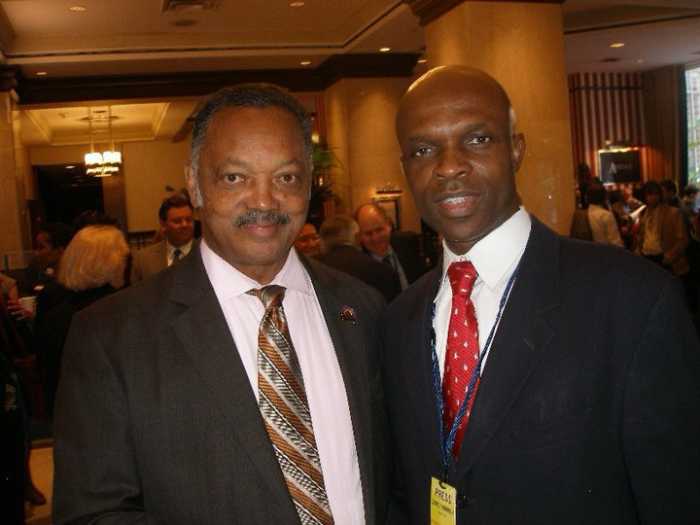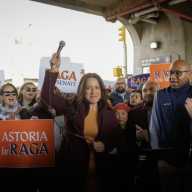By Tom Allon
It’s an interesting quirk in the political world that some elected offices are term-limited while the vast majority are not.
In New York state, you can be a legislator for 40 years or more, winning your district election every two years, generally with no real opposition. The powers of incumbency are so great that more people are indicted or die in office than lose to challengers in contested elections.
The same is true of Congress and the U.S. Senate, a legislative body which has come under intense criticism in recent years for its ineffective ways, most recently highlighted by the government shutdown.
The maxim these days is that most people like their U.S. representative but disrespect Congress and some of that may be attributable to the crippling polarization and long tenures that we are seeing in this large legislative body.
But in New York, as we are seeing this year, city officials turn over every eight years — except for the 12-year anomaly due to the overturning of term limits for a brief time in 2009. In 2014, we’ll have a new mayor, city public advocate, city comptroller and almost half of the City Council.
This fresh energy and ideas will hopefully infuse the city and build on the successes of the past few decades. There has been an incredibly strong mayor leading New York for most of the past 30 years and the city has gone from being thought of as ungovernable in the Lindsay era to a model of growth, safety and economic vitality to large cities around the world.
It is worth pausing for a second to think about the breathtaking changes the city has experienced under the steady and innovative guidance of Mayor Mike Bloomberg and his talented group of deputy mayors and commissioners.
As New York University Professor Mitchell Moss eloquently wrote in a recent New York Observer article, there may be a yearning for change in some quarters of the city’s Democratic Party, but history will be kind to Bloomberg’s legacy.
The visionary public health changes — particularly the once-controversial smoking ban in public places — have not only extended life spans in New York, but also influenced other cities around the world to adopt these life-saving measures.
The rezoning of large swaths of the city — particularly the long-underused waterfront — has led to the revitalization of many neighborhoods, particularly in Brooklyn and Queens.
The increase in park space and large tracts of open space, including the High Line in Manhattan, has made this a better and more enjoyable city for those who live here and the ever-increasing stream of tourists.
And the list goes on.
Bloomberg will go down as one of the greatest mayors in city history.
But now, because we should all believe that the arc of history is constantly bending toward progress, Bloomberg’s successor gets to pick priorities and ways to make our city a better place for all.
If it is de Blasio, which seems likely with the huge recent 50-point poll lead, then we can expect more attention paid to the middle class and the poor. De Blasio will champion the rights of middle-class workers and those trying to raise themselves up to the middle class.
There is no doubt the city has improved in many ways in the past few decades, but there are still too many New Yorkers who struggle to make ends meet. Those New Yorkers will have a champion in de Blasio, and it’ll be interesting to see what he can do to help them while also ensuring that sectors such as Wall Street and the wealthy want to stay in the city and not look to more favorable tax states.
Change is generally good, and term limits symbolize the political equivalent of change. It is probably time to explore term limits for our legislatures, too, whether in Albany or Washington.
When you’re in a job that’s too secure and immune to change, sometimes it leads to bad habits and forgetting the will of the people who elected you in the first place.
So when you vote in November and observe as a whole new team takes over the reigns of the city, remember that in the longterm, change is good, even if there may be some initial bumps in the road.
Tom Allon, president of City & State NY, was a Republican and Liberal Party-backed mayoral candidate in 2013 before he left to return to the private sector. Reach him at tallon@cityandstateny.com.


































